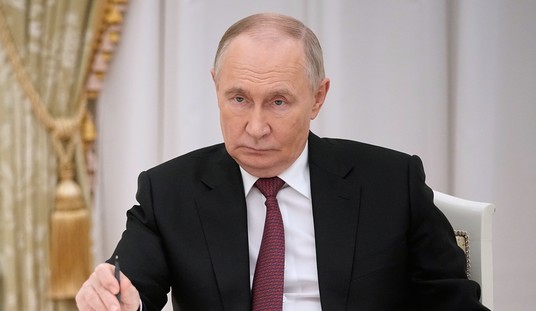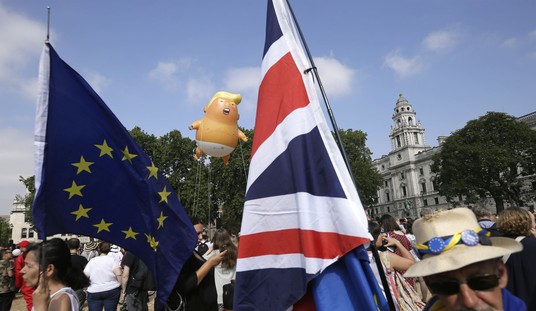President Obama’s speech Thursday night on immigration ended on a high, hopeful note. Mr. Obama, quoting Scripture’s admonition to welcome and protect the stranger, told millions who have lived and worked here for years, many of them Americans in all but name: We cannot fix your situation yet, but for now we will not expel you, because we have better hopes for you here.
A speech is not a solution, of course, and now that it is over, the hard work begins. Efforts over the last decade to repair immigration have repeatedly ended in failure, leaving the meanness of the broken status quo.
Now, though, there are reasons for encouragement, tempered with caution. Mr. Obama’s plan to register and give working papers to perhaps four million to five million people has rightly gained the most attention, but he and the Homeland Security Secretary, Jeh Johnson, have also declared a sweeping reordering of immigration enforcement. They are ending Secure Communities, a blighted program that used local police to funnel arrested immigrants to Immigration and Customs Enforcement.
Continue reading the main story
In theory, this widened the dragnet for dangerous criminals. But in practice, it terrorized the innocent, alienated immigrant neighborhoods from their police protectors and encouraged — nationalized — Arizona-style campaigns of indiscriminate immigration crackdowns and racial profiling.
It’s simply shocking that the New York Times Editorial Board would be so enthused, like school girls going to their first One Direction concert, over Obama’s executive action for illegal aliens, eh? Of course, the majority of legal citizens look like Dad’s at One Direction concerts, and as the details come out, our frowns will only get worse.
I wonder if the NY Times would be as enthused if Obama told local police to ignore legal citizens who broke gun and sex laws (more on this later)? Most often, the illegals were caught because they broke other laws, rather than police intentionally looking for them.
Law enforcement is being told that, when they catch an illegal, to let them go. I wonder if the NYTEB understands that illegals are law breakers, so police have the authority to hold them, much like with any other criminal. And federal law gives police that authority. BTW, since they came here legally/overstayed their visas, the Constitution does not apply to them. Do you feel better that law enforcement is being told to back off of communities of illegal aliens? This means that it will be much harder to catch those that are “high priority targets”.
But the president can’t bring about a complete overhaul of the immigration system himself, and millions will be left out of these new measures. Despite the battle cries of Republicans threatening to thwart the plan through procedural countermeasures or lawsuits, opponents can rest assured that the majority of undocumented people will remain without papers, and with nowhere to go.
And while the reprieve will be welcome news for millions, it contains a paradox: young people who were part of the 2012 reprieve, the DACA-mented, will see their parents excluded from the pending relief measures, because the new reforms exclude the undocumented parents of DACA recipients. In other words, the youth who have been on the front lines campaigning for an expansion of their program now face the devastation of their parents being among the millions who the new measures leave behind.
There are many other questions surrounding Obama’s plan. Since it’s intended as a temporary stopgap response to congressional gridlock, Republicans may propose a countervailing, much more restrictive reform bill. Additionally, Obama has tacked on various border enforcement measures that focus, as he put it, on “deporting felons, not families.” But targeting “criminal aliens” has historically served as a pretext for draconian enforcement measures that promote anti-immigrant dragnets and force undocumented workers into poverty and exploitation.
“This is focused on people who are already in the economy today, who are contributing mightily but are basically operating in the shadows,” said Raul Hinojosa-Ojeda, a professor at the University of California, Los Angeles. “Their economic potential is being held back.”
The new order could boost labor income by $6.8 billion, helping to generate 160,000 new jobs and $2.5 billion in additional tax revenues, according to estimates by Hinojosa-Ojeda. The findings dovetail with separate research showing that a 1986 amnesty measure raised incomes for illegal workers in the years that followed.
Still, any gains from the executive action would be modest in the $17 trillion U.S. economy.
White House officials estimate that the executive order would expand gross domestic product less than 0.1 percent a year over the next decades.
Along with the Congressional Budget Office, independent economists say growth would be much stronger with a broader overhaul that would more than double the number of illegal workers eligible for legalized status, in addition to reforms that would attract high-skilled immigrant workers who are more likely to lead and found new companies.
By going after less than half of the undocumented population, Obama isn’t single-handedly solving the problem of a shadow population within this country. But his stance breaks a political logjam created when the Senate passed a reform bill that stalled in the House. It carries through on a fitful promise he made to change a broken, unfair system.
The White House went to pains to underline the legality of the president’s action, issuing a lengthy legal argument backed by outside legal scholars. His action matches similar decisions by two prior presidents who expanded immigration laws on their own. Obama’s action, though, takes on a much larger number of undocumented immigrants, a fact that led Republican critics to denounce it as too sweeping.
There is still a lot left undone. In California there are an estimated 1 million undocumented residents eligible for legalized status under the president’s outline. But another issue was left largely alone: what to do about tech-oriented H-1B visas used to bring in foreign skilled workers for this state’s science, research and high-tech sectors.
The skimpy quota of 65,000 such visas is snapped up within days at the start of every year, leading to a push by Silicon Valley leaders for a bigger number. A plan to raise the figure to 115,000 stalled in Congress. In his speech, the president tinkered on the margins by allowing foreign graduates of U.S. universities to stay for work and permitting foreign entrepreneurs to move here to set up businesses.
Utah business leaders want Congress to pass lasting immigration reform regardless of the program President Barack Obama outlines by executive order.
But several of them at a roundtable discussion Thursday said the president’s action would hinder his ability to work with lawmakers.
“I don’t think it helps because it creates friction with the new Congress that’s Republican,” said Jonathan Johnson, board chairman at Overstock.com.
Still, he said it could get the GOP moving more quickly.
“Sometimes a push in the wrong direction can get us in the right direction, but I think this is a push in the wrong direction,” Johnson said.
***
***








Join the conversation as a VIP Member